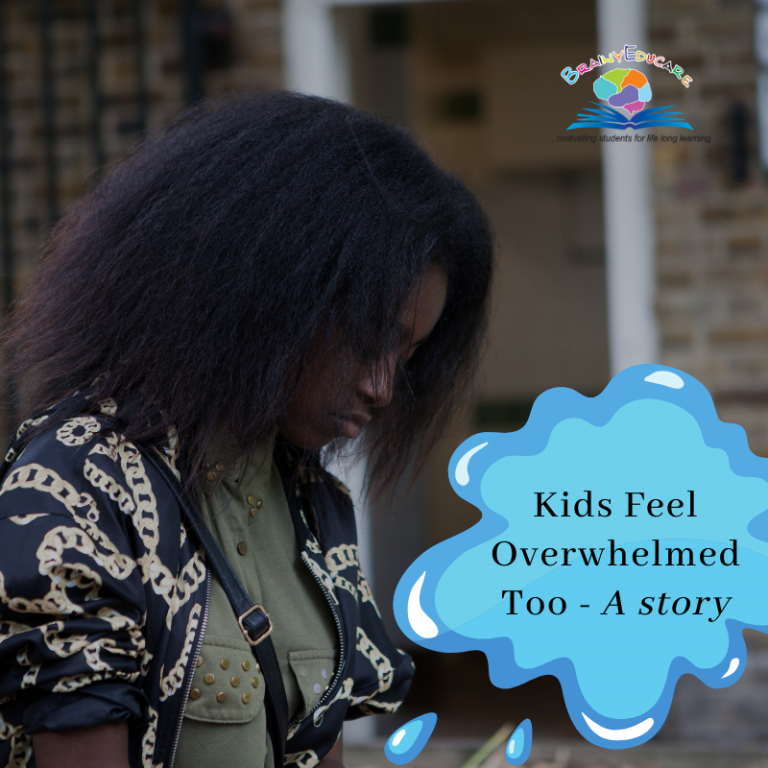The journey of parenting cannot be thread alone. Every now and then, we would require help from other parents who have successfully thread the path and know where the pitfalls are.
No parent is an island of knowledge; we are all just trying to figure out the best ways to ensure our children turn out to be champions.
This article provides some insights from renowned parenting experts that can help you become a better and more effective parent. These insights are not one-size-fits-all solutions to the many problems of parenting. Rather, they serve as guides to help you become better at your role as a parent.
Enjoy!
“From the moral as from the intellectual point of view, the child is born neither good nor bad but master of his destiny.” – Jean Piaget, Swiss Psychologist.
Think of a new child as an empty book, ready to be filled with inscriptions. The book is neither good nor bad; it is just a “thing” with the potential of being either good or bad.
Children do not come with a natural inclination to be bad or poor or stubborn, neither are some kids naturally destined to be unsuccessful. The way kids turn out is dependent on how much parents have prepared them to be a master of their own destiny.
Your ultimate job as a parent is not to write your child’s destiny for her. It is to empower the child to be able to write her own destiny in a good and positive way.
Children have an equal tendency to turn out either good or bad, depending on the kind of nurturing they receive. If you want your child to turn out great, you must empower him or her with the tools needed to bring that to reality.
“To enter into a state of pure connection with your child, you have to set aside any sense of superiority” – Shefali Tsabary, Author, Conscious Parenting
The belief that a parent is a figure of authority is a very damaging one. It is just like a boss and a leader. A boss does everything to present himself as the superior figure, while the leader does everything to ensure others grow.
Recommended: 6 Terrible Mistakes Parents Make
Yes, you have more experience, knowledge, and wisdom than your child. But trying to be an authoritarian will only damage your relationship with your child. Your child may follow your instructions, but you will not be able to truly connect and guide them the way you’re supposed to.
It is more effective to act as a guiding friend instead of a tyrant. By being empathetic, your child will open up to you and listen to your instructions better.
“If [the] baby is thriving, but mom is completely burned out because she is not getting the help she needs, something has to change.” – William Sears, Pediatrician
Parenting can be very challenging, but it should never be life-threatening. If, as a parent, you’re getting to a point where you are totally overwhelmed and exhausted all the time, something must change.
Try out a new style of parenting, examine the areas that are challenging and seek help. Your children need you to be healthy so as to provide the required guidance.
It is also important to never be afraid to seek out support from family, friends, and professionals. Parenting should not be a lonely job.
Lastly, always remember to rest, take things slow, and give yourself some slack.
“The way kids learn to make good decisions is by making decisions, not by following directions.” – Alfie Kohn, Author
Let your kids also have a say in the decisions in the home. You can have fun activities where your son can become “One Day Dad” or your daughter becomes “One Day Mom.”
The point is to put them in positions where they can actually make decisions and contribute to the progress of the family.
Give your children a little space; give them responsibilities; empower them to become effective. The best way to become a good decision-maker is by making decisions.
“Adults who think that children must be manipulated for their own good have developed the attitude of a controlling parent who lacks faith in himself, the child, or humanity”- Carl Rogers, Psychologist
Manipulative parenting is a very toxic parenting style.
Children that are manipulated turn out to become less responsible, poor leaders, and dependent adults.
Why?
When you manipulate a child, you are making him or her do what you want. So, the child doesn’t have a say in the matter.
If this goes on for a very long time, the child’s belief in his abilities gradually dies and he becomes overly dependent.
A more effective way is to include the child as part of the decision. This doesn’t mean allowing the child to decide everything; it just means you help the child understand WHY the decision is important.
Instead of just forcing your child to do something, you help them understand why that thing is important and how it will benefit the child. Parents have good motives for their actions, but they rebel because children do not know these motives.
“I think we should bring up our children with much less pressure to compete to get ahead: no comparing one child with another, at home or in school.” – Benjamin Spock, American pediatrician
Why can’t you be like Daniel?
Can’t you see Abdul? Does he have two heads?
Statements like this put unnecessary pressure on children.
We need to understand this: every child is different from the other. Each child has a unique set of dispositions and tendencies. Some children are better at Maths than others; some children are more patient than others. We must accept these differences.
Every child can become better at Maths and become more patient. But we must understand that the pace is different.
Instead of comparing your child to Daniel and Abdul, you should create a set of standards to help them measure their progress. The goal is to become better, not to beat the first position.
Children that are nurtured in this way grow up to have a Growth Mindset. They are calmer in the face of failure and also more loving.
“Parenting involves a certain amount of discretion. There is no one standard rule for all children” – Sadhguru, Indian Author
There are a million and one pieces of advice on the internet about how to groom your child. Take in as much advice as possible, but always remember that no one knows your child as much as you do.
You must apply your discretion to know which tips will work for your own child and which ones won’t. By doing this, you will be able to fashion out a parenting style that’s suited to your child’s needs.
“A child’s sense of well-being is affected less by the long hours their parents put in at work and more by the mood their parents are in when they come home.” – Simon Sinek, Author, Start with Why
Work-Life balance doesn’t just depend on the amount of time you spend at home. It depends largely on the way you spend that time.
Most of us are very enthusiastic and energetic at work when the day begins. But when we come back home, we put on an irritable mood that deters our kids from enjoying that relationship.
Your relationship with your kids will grow best if you manage your mood around them. Are you always angry, irritable, sad, or just numb when around your kids? That can damage your relationship with them.
Lighten up your mood!
You know it best
No amount of advice and tips can teach you how to parent your child more than studying your child’s unique needs. Every child is different, and there is no one-size-fits-all rule for parenting.
The best thing to do is to take these tips as tools that will guide you to create your own parenting style that will grow your children into champions.
We’re rooting for you!








0 thoughts on “Greatest Parenting Insights From Experts”
Valuable info. Lucky me I found your website unintentionally, and I’m shocked why this accident didn’t took place in advance! I bookmarked it.
Your comment is awaiting moderation.